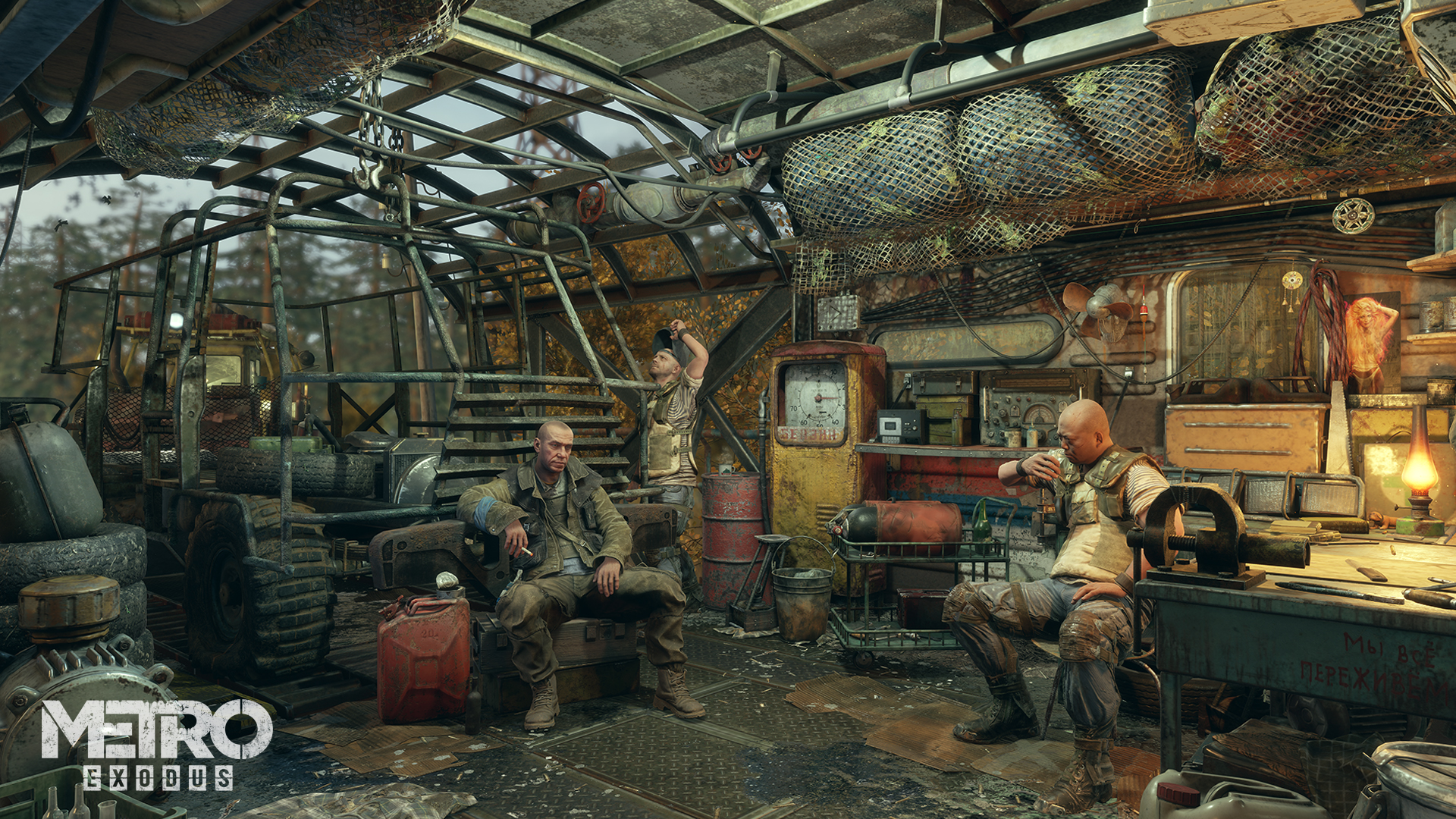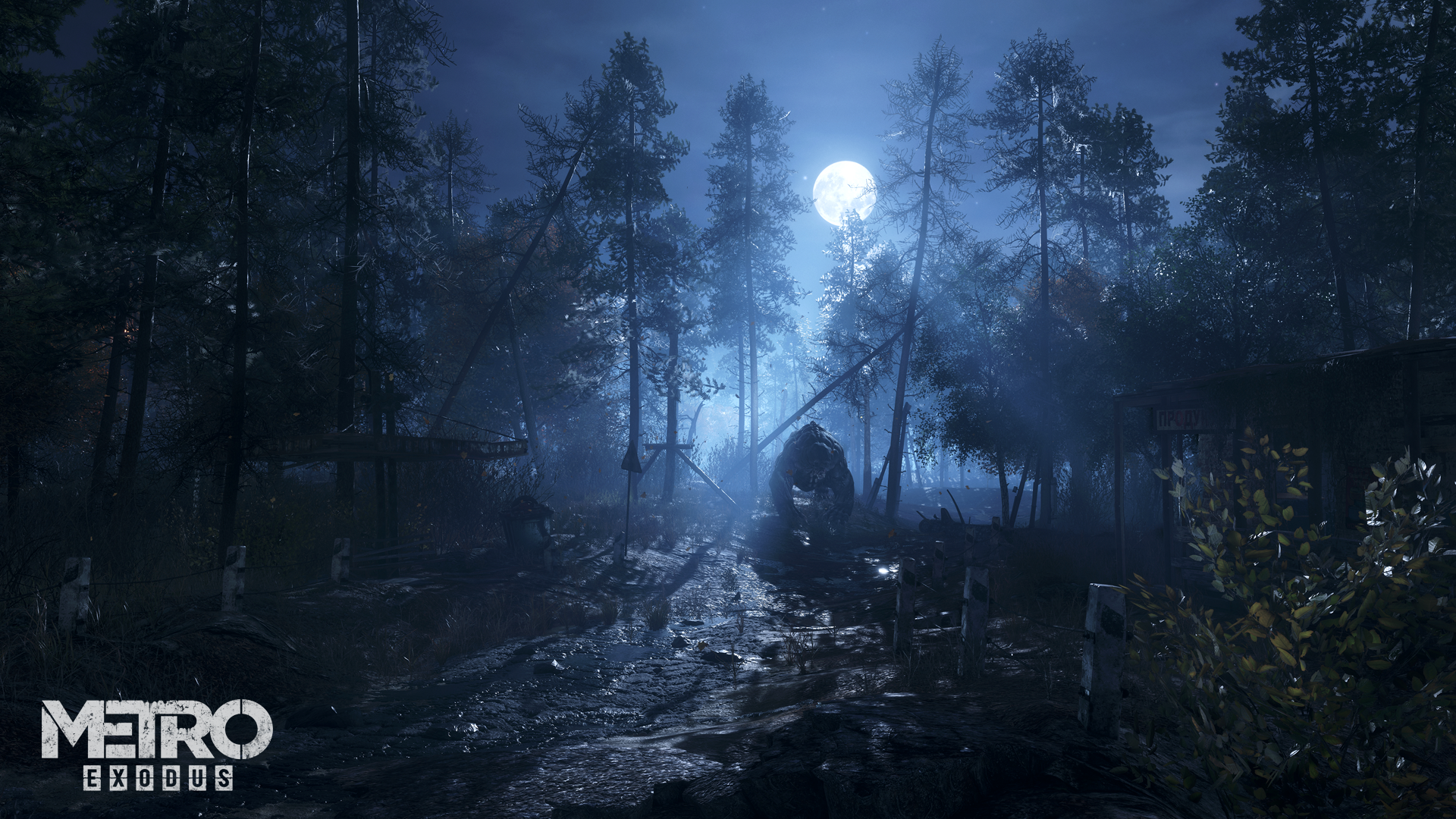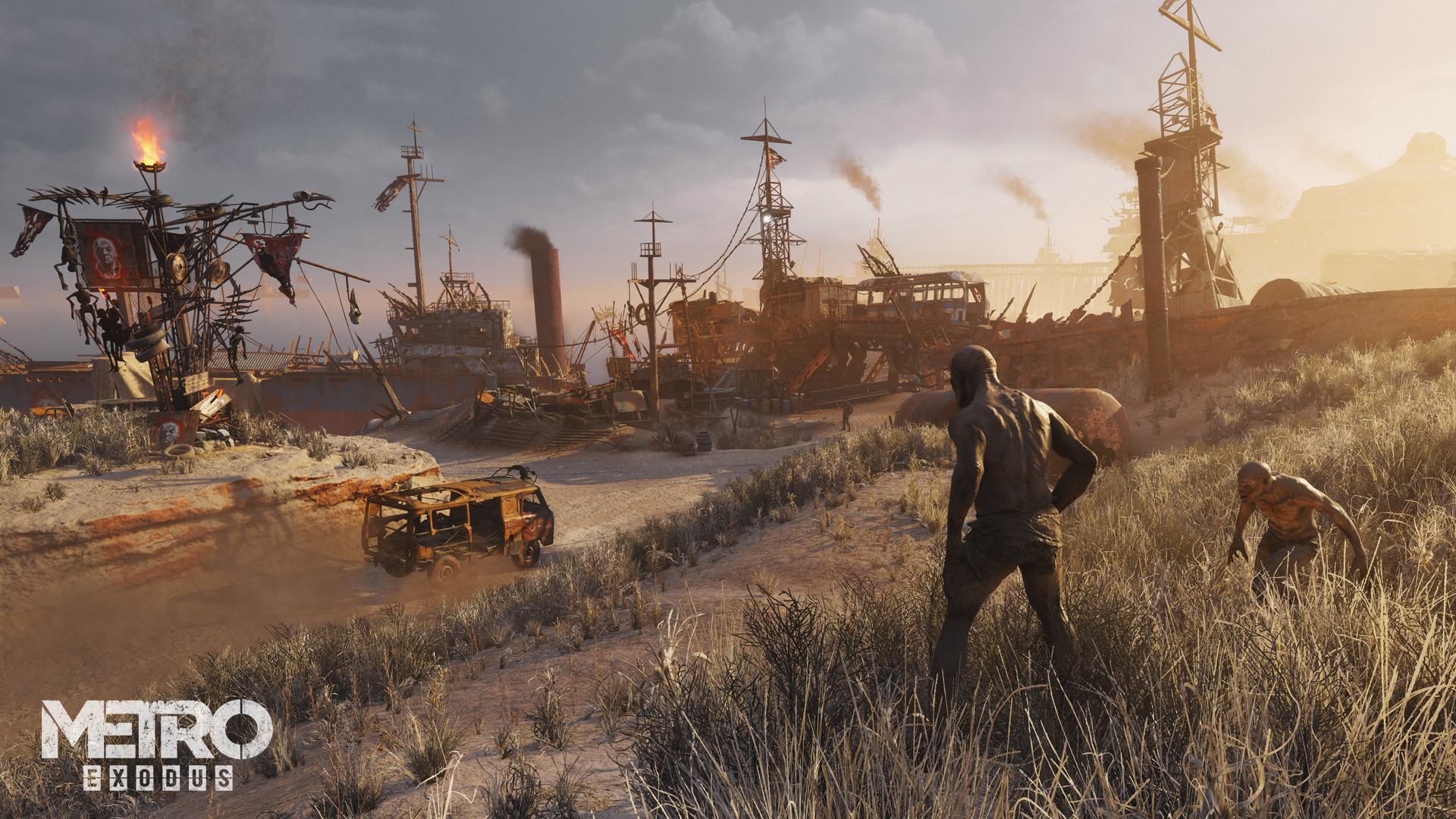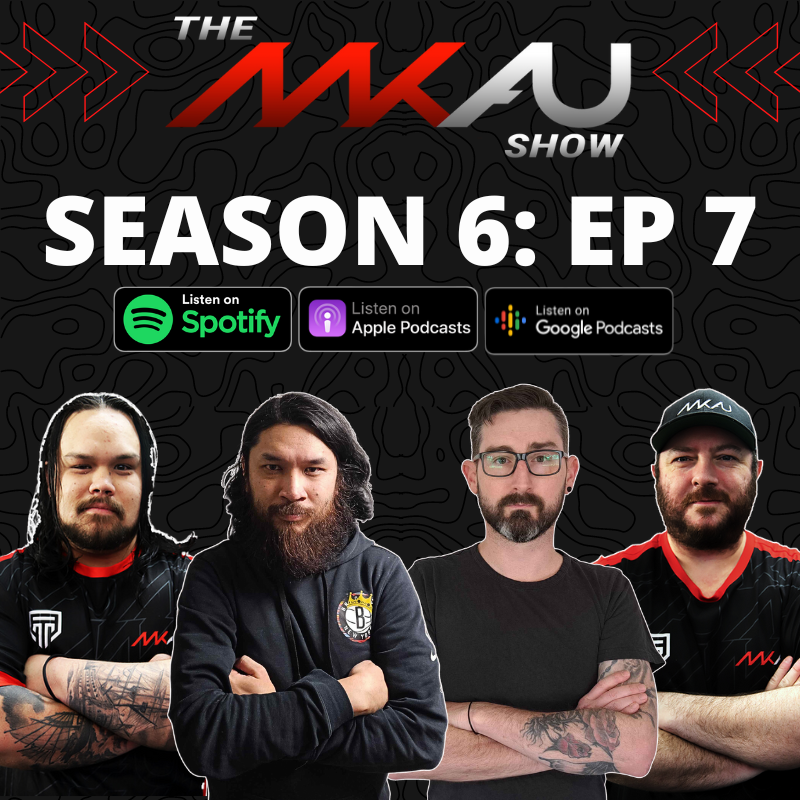Post-apocalyptic nuclear winter just wouldn’t feel quite right without being set in old mother Russia. Stepping back into the radiation infected Metro’s of Moscow, you must once again navigate your way through hell on earth as the silent protagonist, Artyom. Metro: Exodus is the final entry into the Metro trilogy and has been given a next-gen facelift with the added bonus of both DLC’s. Developed by 4AGames and published by Deep Silver, an already exceptional FPS horror survival experience has been made even better for consoles and I will gladly take any chance to step back into the Metro series.
Base on the books by Dmitry Glukhoysky, we continue the story of Artyom as he has grown obsessed with the notion of escaping the radioactive wastelands of Moscow. After one last lap on the surface with his wife Anna, they uncover a secret that throws their already perilous lives into utter chaos. The story has departed from the supernatural elements explored in the original games, but that doesn’t mean you won’t be dealing with mutated abhorrent beasts from time to time.
Metro: Exodus is a far more human-centric plot that was never short of betrayal, grief, and the rare glimpse of hope to keep you invested in continuing. It was a grand vision that leads you from claustrophobic tunnels with little deviations to wide-open deserts and bodies of water that haven’t been seen before in a Metro game.

The two DLCs, The Two Colonels and Sam’s story, both follow two completely voiced protagonists unlike the silent treatment of Artyom from the main story. Through Exodus, it’s all of the supporting characters who carry the verbal exposition so it was a welcome addition to hear it straight from the protagonist this time. Colonel Khlebnikow tells a more personal and focused story in a short but somber elaboration on an event that directly ties into the main campaign.
The Two Colonels combined the best elements of unsettling horror and survival with fleshy hive-covered dens and mutated creatures backing you into a corner with very little to fight back with. Sam’s story, on the other hand, was more of an extension of the open-world experience introduced in Exodus. You play as Sam, trying to finally leave Moscow after 20 years to return home to America. You can openly explore new areas and are given a collection of new toys and equipment to play with as you fight your way to working a Soviet submarine.
Now with full ray tracing, 60 FPS, and FOV sliders, one of the best-looking games feels fully realised with the unexpected addition of full keyboard and mouse support. I can’t give enough praise to the environmental detail they have crammed into even the tiniest nook and cranny. Cracks splintered across your gas mask frame your vision and having to manually wipe off the droplets of dirty water and blood splatter can leave a smear of grime behind. Pulling out your lighter illuminates the area and casts deep shadows into the corners of the room while igniting low-hanging spiderwebs.

Fabrics of multilayered outfits are detailed down to the very stitch work of your gloves and leather straps hanging off your weapons. Weather-worn metals cover the surface of Moscow, battered by the equally harsh white snowstorms. The human details were noticeably hit and miss, as the eyes of Anna felt like they could help convey emotion, while Yermak’s eyes made it seem like he had permanently stubbed his little toe. Gameplay-wise, if you have played a shooter before, then you won’t have much trouble with pointing and shooting. Left trigger to aim, right to shoot, switch weapon or reload, it’s a foolproof control scheme by now and it works.
Finding weapon upgrades through the campaign made the customisation options fairly open to craft your assault rifle to suit almost any situation. What impressed me and made it more immersive was having to tap the LB button to wipe your face mask off, or having to tap down on the D-pad to manually change your gas mask filter to help maintain your radiation levels.
Being able to check your wrist mount at the tap of a button to see how much light is shining on you when you are trying to sneak past a group of soldiers is also a handy trick, though I did run into a few issues where I was spotted by an NPC across the room when I was in the darkest part of the room, and other times I strolled past a guard almost touching me while bathed in light from a huge spotlight and he completely ignored me. Having to manage multiple small elements kept me on my toes and made me focus on the game more than I would if I was just on autopilot trying to mindlessly shoot my way through a situation.

While Exodus does remain mostly faithful to the format that the Metro games built their foundations on, the music and sound design has done wonders to make the entire series one cohesive world. Snarls from monsters echos off the tunnel in the distance, putting you on edge over which small opening you are about to ambushed by. Gunshots pinging off the chunks of twisted metal you are desperately trying to hide behind make you second guess when you should poke your head out to return fire.
All this while the soundtrack ominously builds with a slow and heavy piano influence to a thrilling climax during a harrowing escape, which is then followed by deafening silence. Being able to balance the emotions of a player by picking when to fill the ambiance or leave the player with nothing to latch on to works wonders in a horror game.
I would highly recommend playing the first two games before picking up Metro: Exodus and then completing Exodus before jumping into the two stand-alone expansions. Either way, Exodus is a thrilling conclusion to a sometimes brutal portrayal of life after the bombs dropped. The complete edition is now available on Playstation 5 and Xbox Series X|S.

The Good
- Jaw dropping visuals with FOV slider
- Well paced story and set pieces
- Stand alone DLC’s are both tremendous
- Mouse and keyboard support additions
The Bad
- Inconsistent stealth mechanics








